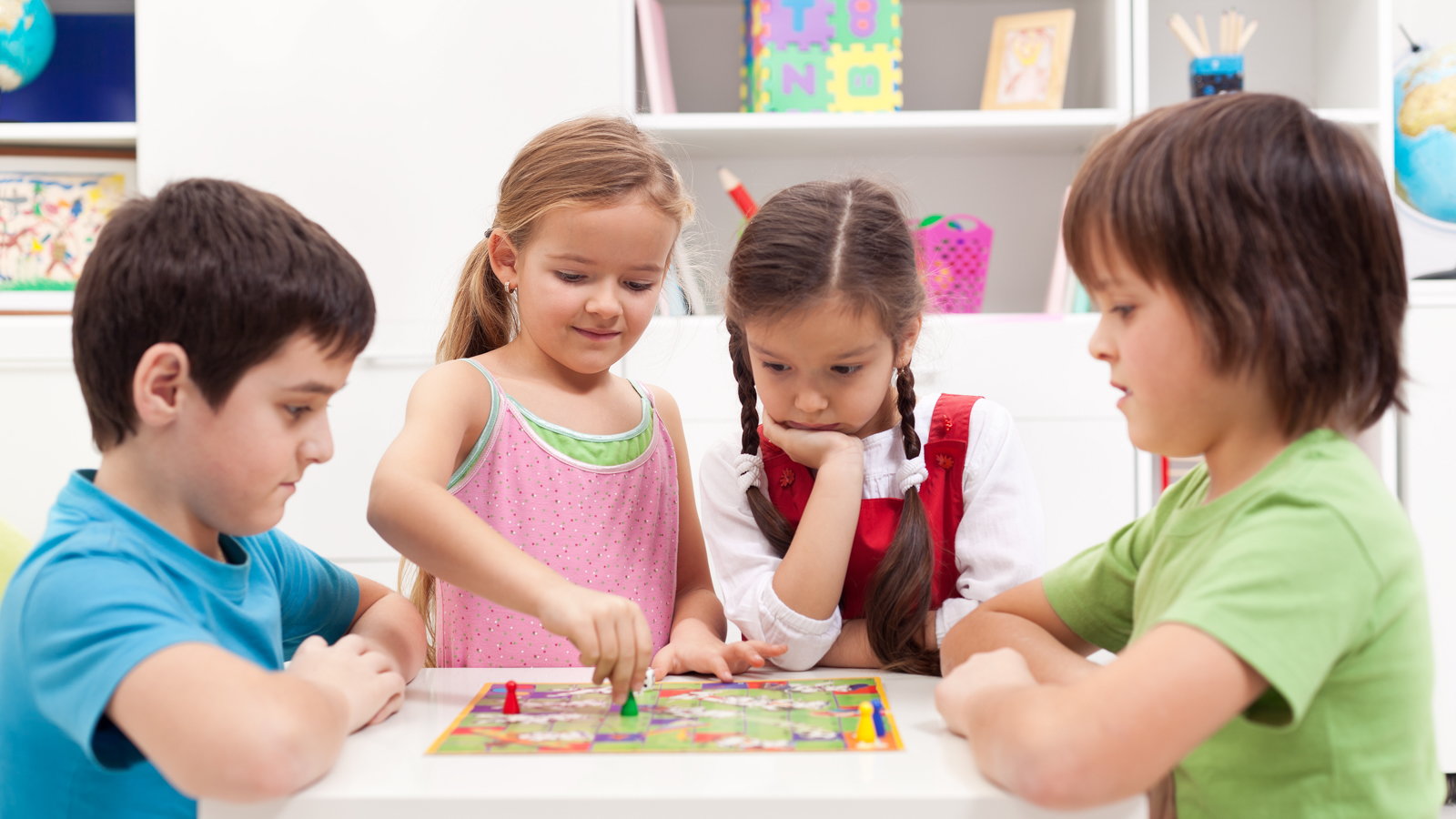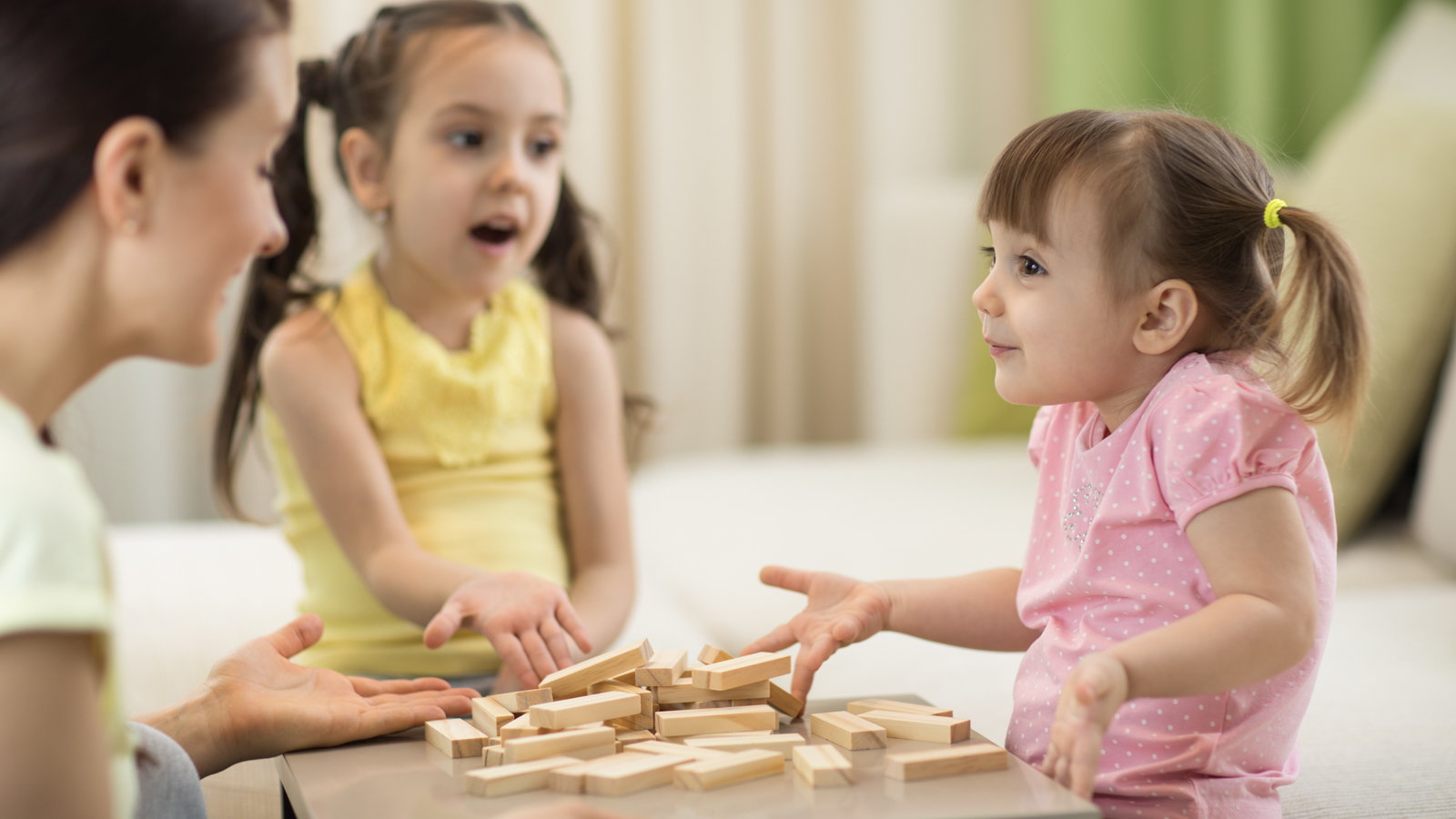
If it’s true that “nobody likes a spoiled sport,” then why are there often so many to be found? Spiteful sportsmanship is a common bleacher-side spectacle at many children sporting events. And it’s happening in both kids and adults, as depicted in popular comedy films such as Will Ferrell’s “Kicking and Screaming,” a movie portraying flying tempers over kids' soccer teams.
Few parents want to admit that winning matters to them, but often times, their actions demonstrate otherwise to impressionable kids. Saying things like, “it’s not about winning or losing, it’s about how you play the game,” are important, but even more so is implementing the act of losing gracefully. It’s not an easy lesson to teach, but the integrity woven from positive sportsmanship will help your child in many areas of life.

How Sportsmanship is Learned
During the primary school years, children learn an abundance about right and wrong. Lessons of fair play, rules, and competition are often absorbed through playing games and sports with other children. This valuable time is also when a child learns the proper sense of worth to place on winning and losing. It is vital to illustrate to adolescents that winning does not equal being good, just like losing does not equal being bad. It’s easy for people of all ages to tie up their sense of worth in winning or losing. Winning helps you feel important, successful, and accomplished. It stimulates the pleasure center of your brain. If this gets out of balance, it is easy to place too much emphasis on winning. Make sure that you consistently reward effort, not result. This will help swing the focus from playing against someone to playing with someone and help to ensure that failure does not equate self-value.
Keeping a healthy perspective on competition and games actually helps a child manage their emotions. They can learn to balance stress, cope with disappointment, curb pride, and channel perseverance all through the positive practice and application of good sportsmanship. Games offer a great way to safely vent feelings of anxiety or anger for children. They can kick a ball instead of a person; they can swing a bat instead of their fist, all while getting the healthy exercise and blood circulation that their growing bodies need. Winning and losing both help kids practice how to get along with others, rehearse self-control, and handle the anticipation.

Learning Lessons Through Games
Playing games with other children in unstructured settings provides kids the chance to experiment with rule-setting, sense of fair play, and right/wrong acceptance. If a child feels stressed, confused about expectations, or has performance pressure/anxiety, their tendencies to cheat or throw a losing fit will be higher. Don’t miss these opportunities to teach the lessons they need to cope with the issues of honesty and effort. Find stories to share with them of famous achievers who persevered and never gave up despite difficulty, adversity, and failure.
Decide what you value, and consistently reflect those values in your behavior and attitudes. Your children know what matters to you. If winning is the most important thing to you, they’ll see it. Make sure you are willing to practice what you preach. Do you and your spouse talk down to each other in the “spirit” of competition? Does your child see you antagonizing others when you win? Sulking when you lose? Are you honest in areas of your life, like banking and tax habits? Examine areas where you may be unintentionally demonstrating dishonest behavior. Are you living through your child’s successes and setbacks? It may be hard to face, but your child is not an extension of you. Their performance does not mirror their worth or yours. Before you examine why your child is getting their sense of worth and value from only winning, ask yourself if you are doing the same.
Choose dignity over deception. Choose grace and gratitude over grumbling and groveling. Your kids will notice and follow your lead. Talk to your kids about the importance of collaborative teamwork and then back it up by cheering for your child’s teammates, not just your child. Congratulate the other team’s ability, and thank them for the game.
Kids who bully others on the playing field and feed off a winning-only mentality are likely to carry those tendencies and behaviors into other areas of their life. It can hinder fields of study, relationships, and spiritual contentment. In the same way, when a person learns the values and virtues of fair play and good sportsmanship from a young age, they are better equipped to handle the ups and downs life has to offer. Building well-adjusted team players with an honest work ethic takes time and patience, but it pays off for your child and the world when you do.
